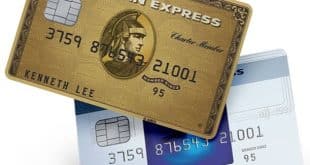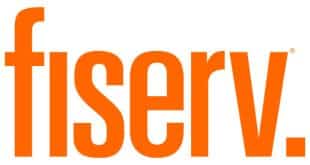The Maryland legislature held a hearing late Tuesday on a bill prohibiting interchange from being charged on sales tax and gratuities linked to credit and debit card transactions.
The bill, introduced by Delegates Todd Morgan and Brian Crosby, is the latest in what is expected to be a flurry of similar bills to be introduced in statehouses this year. The Washington state legislature on Friday held a hearing on a bill introduced in December that would exempt from interchange calculation tips and gratuities on card transactions.
Both bills are modeled after the Illinois Interchange Fee Prohibition Act, which passed in 2024 and is being challenged in court. A federal judge issued an injunction against the IIFPA in December, putting the bill’s July 1, 2025, implementation date on hold.

In his testimony before the House Economic Matters Committee, Morgan noted that Maryland merchants paid $156.9 million in interchange fees levied on sales tax in 2023, according to research firm CMSPI.
“That is a massive burn [for merchants] and doesn’t account for interchange on gratuities,” Morgan said.
Morgan also argued that interchange is not a uniform rate, as larger merchants such as Wal Mart Inc., Target Corp., and The Home Depot Inc., have the sales volume to negotiate interchange rates, while smaller merchants don’t.
The financial impact of levying interchange on sales tax, which merchants in Maryland collect on behalf of the state, is substantial, Morgan said. On a $100 purchase, merchants pay about 3%, or 18 cents, in interchange fees on the sales-tax portion of the bill, according to Morgan. Maryland’s sales tax is 6%.
“Eighteen cents may not sound like much, but it adds up quickly,” Morgan said.
The Illinois interchange law is facing a legal challenge that contends the law usurps federal banking laws, but other states can view federal banking laws differently, Morgan argued. To illustrate his point, Morgan said Maryland has legalized cannabis even though federal law criminalizes the drug.
Also testifying at the hearing was Doug Kantor, a Merchants Payments Coalition executive committee member and general counsel for the National Association of Convenience Stores. Arguing for passage of the bill, Kantor said levying interchange on sales tax and tips is unfair to merchants because they don’t keep those portions of the transaction.
“The merchant collects sales tax for the state, but interchange is taken out of the amount on the receipt, which creates a shortfall the merchant must cover,” Kantor said.
Kantor also told lawmakers that claims state laws regulating interchange would be too hard to implement are false. “The industry has admitted it can be done and Cost Advisor has said its processor can implement this in Illinois by July,” Kantor said. “Even a senior Visa executive told the Georgia legislature this can be done, he just didn’t see the value in doing it.” Cost Advisor Inc. helps merchants reduce their card-acceptance costs.
At least a dozen states have either pre-filed bills similar to the Illinois law or are considering introducing such proposals. Two states that pre-filed bills prior to their 2025 legislative sessions are Arizona and Massachusetts, according to the Electronic Transactions Association. “We are prepared for more bills to be introduced in other states,” says Scott Talbott, executive vice president at the ETA.
Passage last year of the IIFPA is emboldening states to introduce versions of the Illinois law to address legal issues while the Illinois law is under legal challenge, payments experts say. In Wisconsin, for example, a bill that prohibits interchange on donations using a credit or debit card to non-profits and charities is reportedly making pre-introductory rounds.
“Some state bills are morphing in an attempt to escape [an] Illinois court ruling that fee restrictions are pre-empted by federal law,” Talbott says.
Opponents of the Maryland bill argue that, if passed, it will disrupt shopping in the state, be cost-prohibitive to implement, and require consumers to pay sales tax and tips separately in cash, which is “untenable.”
“Passing a vanity bill for one state is really the wrong approach for a world-class payment system,” Steve Rauschenberger, a retired Illinois legislator, told the committee.




